
6 minute read
Consumer OUTLOOK
Inconsistency may be the new normal for affluent consumers. Net-worth gaps are expected to emerge in 2023, revealing different sets of priorities and values. Read on for further insights into affluent consumers’ shifting mindsets and a comprehensive view of the challenges, opportunities, and trends to watch in the luxury sector over the coming year.
FROM CONSCIOUS SPENDING TO JOY-SEEKING
Despite growing numbers of high-net-worth (HNW) individuals worldwide with access to disposable income, economic uncertainty this year could cause some of them to momentarily temper their spending.
This trend is expected to be most pronounced in the mass affluent sector, as these individuals focus on shoring up their personal finances, careers, and mental health. Some may embrace ideas like “conscious spending” and “minimalist luxury.”1 The mindset of buying fewer but better items is especially appealing to younger generations of affluent consumers who tend to be more socially and environmentally conscious than their older counterparts.
Meanwhile, ultra-high-net-worth (UHNW) individuals who are better positioned to weather economic declines, are poised to drive demand for the highest priced properties and luxury goods this year, buoying the overall luxury sector. These individuals tend to be more mature in age and are still embracing a “You Only Live Once” (YOLO) mindset when it comes to the pursuit of experiences or things that bring them personal enjoyment. A renewed focus on generational wealth creation, as well as the prioritization of wellness, travel, and leisure will remain utmost for them.
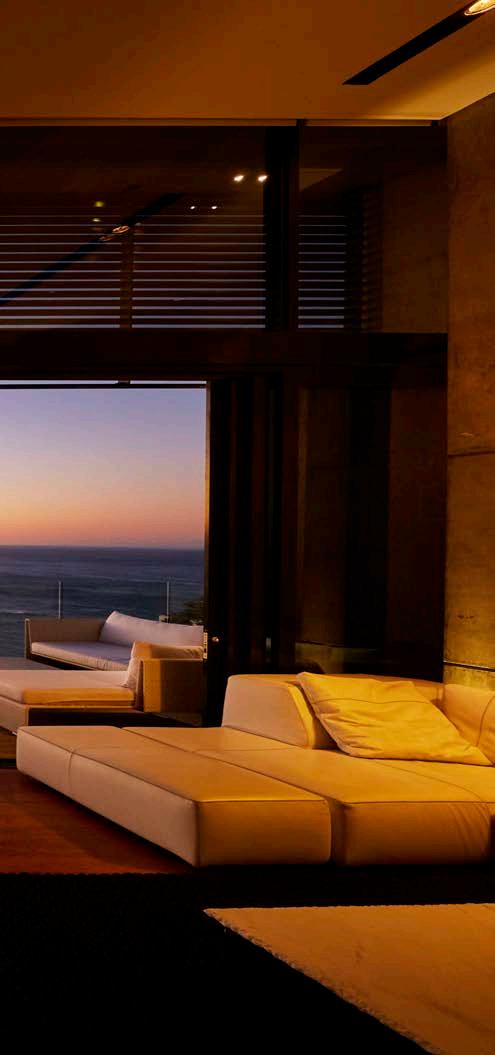
Q&A with MILTON PEDRAZA
As CEO of the Luxury Institute, Milton Pedraza has his finger on the pulse of luxury consumer trends. Here, he offers his insights into the shifting values and desires of affluent consumers as they transition from a “boom” to a “buoyant” mentality in 2023.

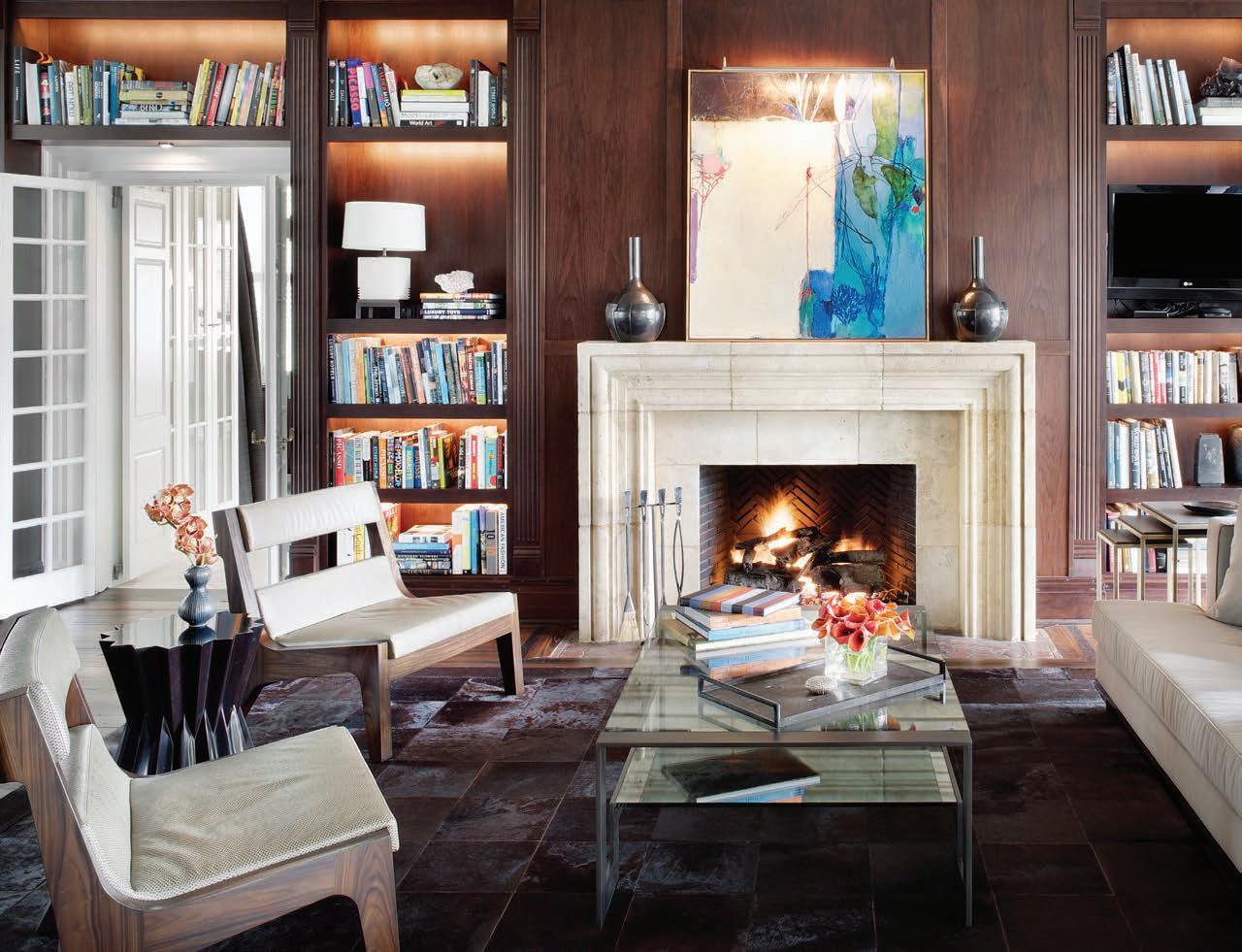
What is your general outlook for affluent consumer spending this year?
There is still a level of uncertainty about the economy, but because affluent individuals are generally economically resilient and have pent-up demand for experiences such as travel, wellness, and fitness, the overall luxury industry will grow in the single digits. My prediction is that growth will be about 3% to 5%, with the top 20% of all wealthy consumers generating 70% of sales and the bottom 80% – aspirational luxury consumers – driving about 30% of sales.
What is your outlook for luxury real estate?
Real estate spending will depend on who is buying the homes. For many UHNW individuals, they have so much money that a $10 million or $20 million home is insignificant compared to their vast wealth. They won’t be deterred. Many of them are older and are still in the “seize the day” mindset that started during the pandemic. They are still saying, “Life is short. I’m living for now and I’m going to buy whatever I want to enjoy for today.”
Aspirational luxury consumers are much more sensitive to stock market declines and inflation eating into their buying power, so they will be more cautious this year. Some are predicting a white-collar recession as companies cut back and lay off employees, which could impact demand for homes in lower luxury home price points.
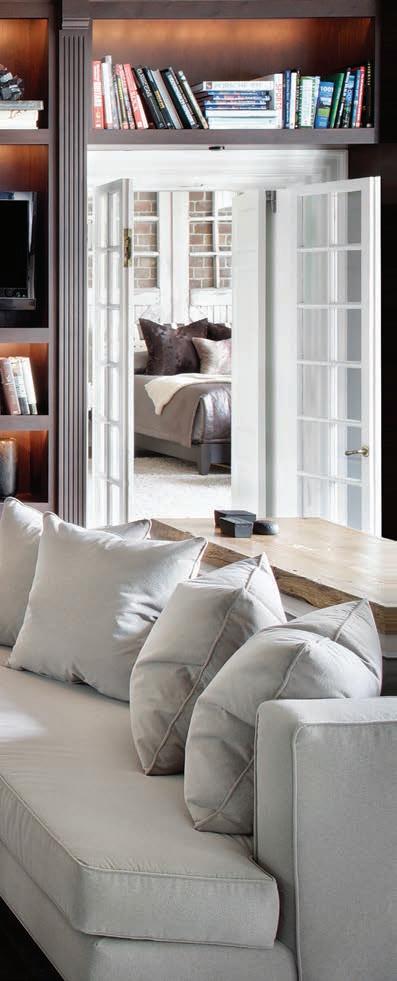
To some extent, many affluent consumers have been psychologically impacted by the economic concerns of the moment. They also don’t want to be seen as ostentatious at a time when there is suffering or cutting back.
The net of it all, though, is that the luxury sector will be resilient because of that 20% who continues to buy. They just might choose to invest less in luxury goods, and more in the areas of wellness/health, travel and leisure, and fitness/nutrition.
In what ways do you see younger generations of luxury consumers impacting the market?
They want luxury brands to be ethical, charitable, and sustainable. The company must have good values – be socially responsible, treat their employees with respect, and contribute to good causes. They like to see companies not just talking about it, but taking action. They are more discerning about these things. They are not necessarily willing to pay more for it – at least not yet.
The other way I see younger affluent consumers impacting the market is their focus on longevity. Much earlier in life, affluent consumers are becoming aware of good health, nutrition, wellness, and beauty. They are taking care of themselves at a much earlier age.
What do you think will be affluent consumers’ top priorities for 2023?
I think some will be worried about their jobs – especially younger consumers – so they will temper their expenditures. Their priorities will be health, wellness, and fitness, followed by travel, leisure, and technology that enhances their lives. There is a lot more discernment in luxury goods categories–like, “How many handbags or watches do I need?”
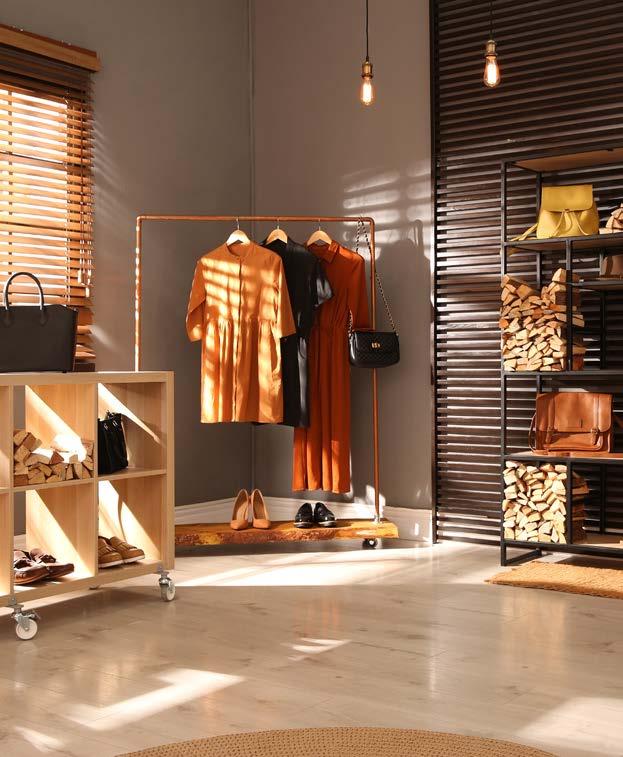
They are operating from a far greater sense of vulnerability than before because of COVID-19. Their lives were also completely upended by the pandemic. Perhaps for the first time, they felt like they had an uncontrollable future. These experiences have generated a greater sense of connectedness to the world. They want to be good citizens and not be so ostentatious with their spending. That is the one commonality I see across all generations of HNW individuals. There is this sense among them, “I’m lucky and very fortunate in my life, and I need to be generous, kind, and emotionally intelligent.” Relationships matter to them more than ever.
How do you see the HNW mindset evolving this year, especially when it comes to homebuying?
Homebuying may slow down this year. There is a sense of caution in the market. Buyers don’t want to be the ones who bought at the top of the market. Sellers, on the other hand, are afraid of selling their primary home and having to go out and find another home, which will be more expensive. So they’re staying put. They are, however, buying second and third homes – especially UHNW individuals.
We noted the multiple-home ownership trend in The Trend Report 2022. What’s your take on why they’re amassing multiple homes?
If you’re an UHNW individual, you would rather go to another home of yours than a hotel. You want to share your home with your tribe. Some may even have their own private property exchanges amongst their friends.
Another popular trend: a lot of wealthy individuals are buying a home where their kids live. It may not even be in a traditional luxury center. They could have their primary residence in Naples, Florida, a second house in Nantucket, but their kids live in Buffalo, New York – so they buy a condo there that doesn’t need to be maintained just so they have their own private place to stay when they visit.
Younger people are also staying in the home longer. There is a stat – 40% of young adults, aged 29 and younger – still live at home.2 Parents need to make that work, so they may need a larger primary home with enough separation, or they purchase a house in another location as a getaway. They’re also renovating and building extensions on their existing homes to accommodate all the kids and the grandkids. Multi-generational living has become a significant driver for the affluent demographic.
Going back to the idea of caution, what would you say to a HNW seller who is wary about putting their home on the market this year?
Live your life. If you have that kind of money, it isn’t as important as doing what’s best for your life, in terms of the joy of your life and happiness. Life doesn’t last forever, so you have to gauge your enjoyment against the monetary consideration. What’s going to bring you joy?
Do you think the “live for the moment” attitudes that arose during the pandemic are still present?
If you have money and are of a certain age, you likely still have this mindset. You know that everything can change in a New York minute, so you are living for now.
If you are younger, you are more cautious because you have a much bigger time horizon. Millennials and GenZ also tend to be much more conservative with their purchases. They’ve lived through events like 9/11, the global recession in 2008, and the pandemic in 2020. These events have impacted their ability to accumulate wealth, and they are nowhere near where they should be in their wealth profiles compared to what Boomers had accumulated at their ages.
Where will the affluent be looking to put their money this year?
People will come back into the stock market slowly. If you are ultra-affluent, chances are, you are well-diversified. You’re putting your money into equity, capital investments, startups, and alternative investments like wine, art, etc.
During inflationary times, the wealthy tend to invest in goods that hold their value and appreciate over time – vintage cars, wines, and art. Real estate trust funds will be another area for investment opportunity.
What is your expectation for how their emotional needs might be changing, and how do you see that potentially playing out in real estate?
Because homes are now our cocoons and emotional centers, empathy, generosity, and creativity need to be the values of the modern real estate agent.
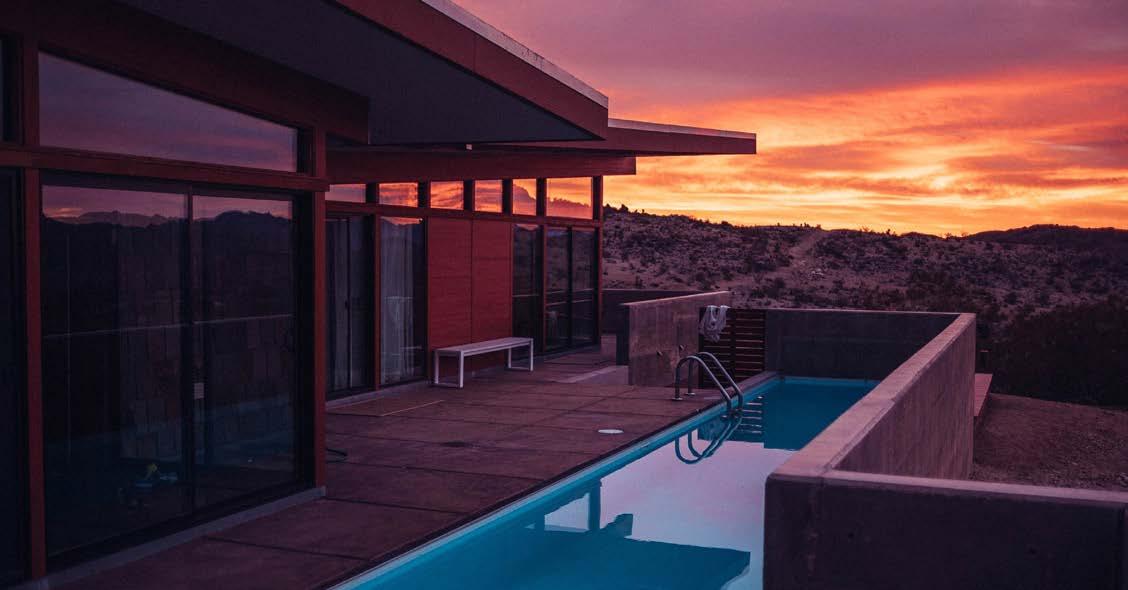
Going the extra mile and doing that special thing for your clients helps cement that relationship. Real estate agents need to remember that they are not in a product service business; they are in a human relationship business.
Final thoughts about 2023?
The U.S. economy is already showing signs of resilience despite recessionary fears, and we know that the luxury market is a resilient sector. Even if there is a momentary downturn this year, the wealthy will likely help lead us out of it. A tremendous amount of innovation can also occur in moments of challenge, as we saw during the pandemic. I’m very optimistic about the future for luxury.








